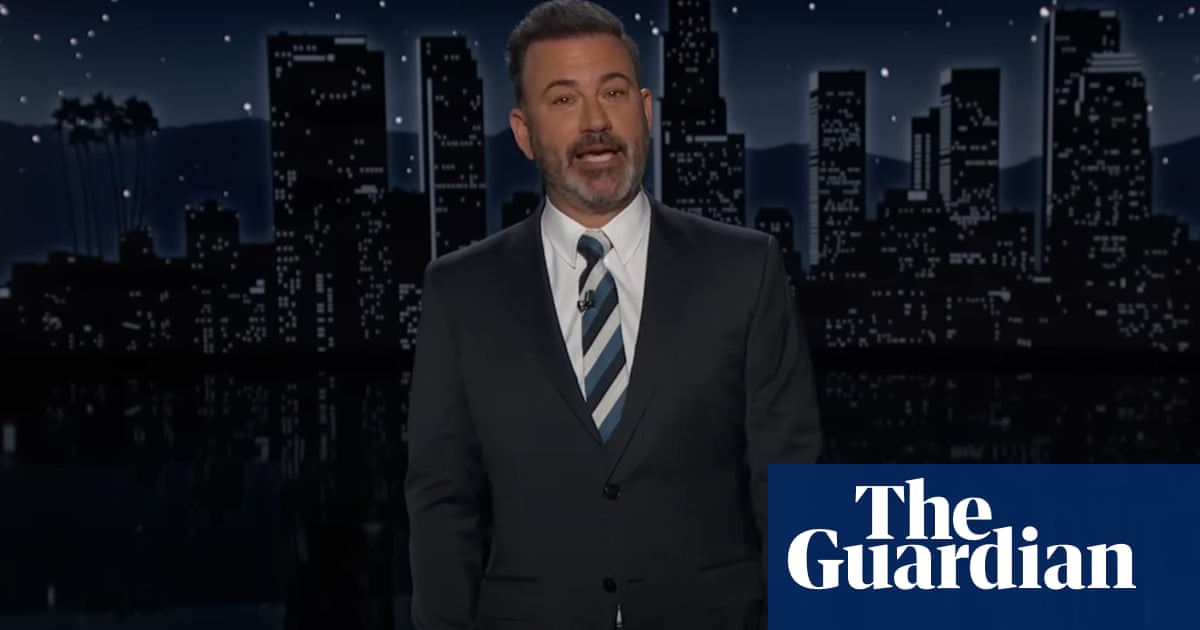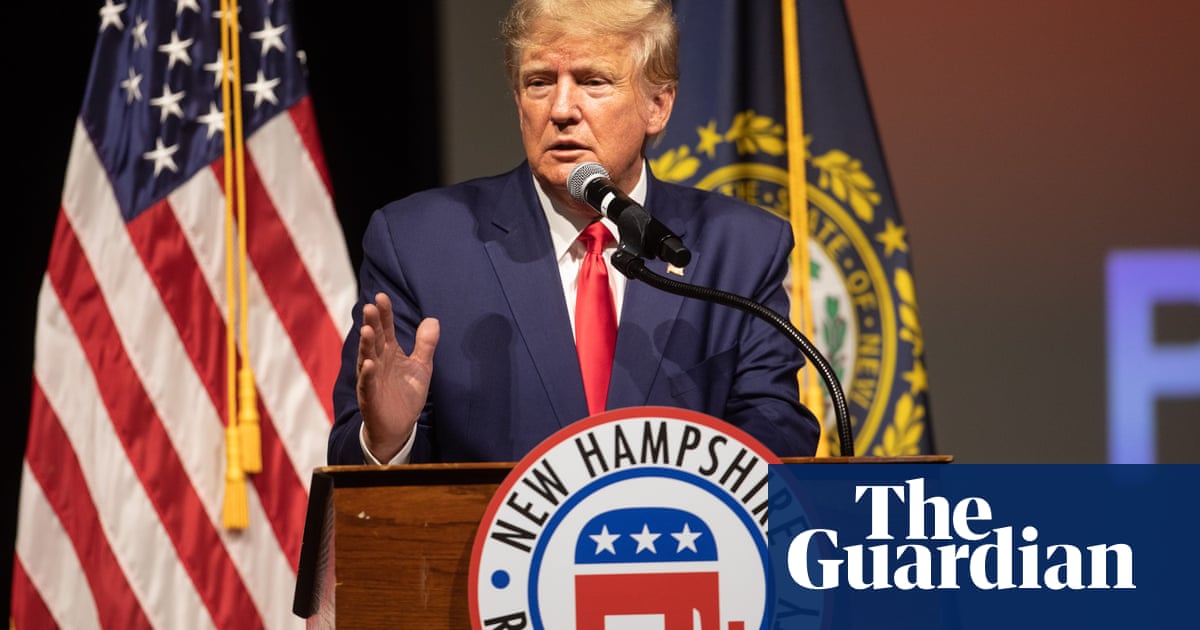
French President Emmanuel Macron has repeated more than once that “I am not pro-Russian, I am not anti-Russian, I am pro-European.” Macron has tried since last summer to gear his diplomacy toward a closer and better relationship with Russian President Vladimir Putin, thinking he could obtain results on Ukraine and influence events in Syria.
Macron appointed a retired, brilliant former French ambassador to Washington, Pierre Vimont, as a special charge de mission for Russia with the task of improving relations with Putin. However, despite Macron’s efforts, it seems that France and Germany have so far failed to persuade the Russians to stop the bombing missions in Idlib and let humanitarian assistance get through.
The Syrian population fleeing Russian and regime bombings in Idlib is, according to the UN, about 900,000. The civilians are trapped in a fight between Turkish President Recep Tayyip Erdogan and his Syrian counterpart Bashar Assad, with the latter helped by the Russian air bombardments. This tragedy is cornering innocent civilians between three evils: A Syrian dictator who has killed hundreds of thousands of his own people and displaced more than 12 million; a Turkish leader thinking that he is heading the Ottoman empire; and a Russian president wanting to be the czar of the Levant, deploying his air force to empower a criminal regime against the desperate population of Idlib.
Macron and German Chancellor Angela Merkel have called for a quadrilateral summit with Putin and Erdogan, but that has not yet materialized. Instead, Erdogan and Putin are due to meet in Moscow on Thursday. Fourteen European foreign ministers last week published a column in Le Monde newspaper pleading with Russia and the Syrian regime to stop the fighting in Idlib. But their plea was not heard, and the fighting went on, making the ongoing humanitarian crisis even worse.
Obviously the call of these European countries did not impress the Syrian regime and its protector, Putin. As for Erdogan, he pressured the Europeans by allowing about 10,000 Syrian refugees to leave Turkey and approach the borders of Greece. Erdogan is putting pressure on the Europeans, blackmailing them with Syrian refugees. If they don’t put their weight on NATO to help him, he will open Turkey’s borders and allow huge numbers of refugees into Europe via Greece and Bulgaria.
Turkey lost at least 33 troops in an attack in Idlib by the Syrian regime last week. Erdogan retaliated by downing three regime planes and destroying Syrian and Hezbollah positions. The Russian air force did not intervene. Putin knows he is about to sit at a table with Erdogan, who bought the S-400 missile defense system from Russia despite the opposition of his American ally. Erdogan is also opposed to Putin in Libya. His mercenaries are fighting to help the government of Fayez Al-Sarraj, while Putin is helping Al-Sarraj’s rival Khalifa Haftar. Nevertheless, Erdogan is keen on his special, complicated relationship with Putin
The Europeans — France and Germany in particular — have been unable to save the Syrian civilians from this tragic humanitarian situation. But Europe has also failed to present a unified policy toward the problem of Syrian refugees since 2015. Macron, according to sources close to him, has not lost hope and is still trying to organize a summit of four on Idlib, but it is obvious that his approach does not seem to be working with this Russian president, who is helping Assad reconquer a different Syria, with its cities and villages’ populations displaced and altered.
However, Putin needs France and Germany. His economic relations with Berlin are very strong, but he also needs a French ally in Europe — although clearly not to the extent of him offering any concessions over his new colony in the Levant. Putin knows that his Syrian intervention, to protect Assad, enabled him to regain in the Middle East what the Soviet Union had lost in Europe. Also, the absence of US interest opened the door wide for Russia to become the prevailing power in the region.
It is obvious that Macron’s approach does not seem to be working with this Russian president.
Randa Takieddine
Putin would have wanted Europe to start the rebuilding of Syria, but France and Germany still have this to use as leverage as long as the Geneva process for a political transition in Syria is blocked. However, this leverage will be limited if any European countries resume diplomatic relations with Damascus, which the populist governments in places like Hungary and Poland might be tempted to do. But, as long as France and Germany are not headed by extreme-right populist leaders, these two driving forces of Europe will not rebuild for Assad what he previously destroyed.
Macron is still an important player in the future of Syria, but the Idlib tragedy shows the limits of his diplomacy with Putin and Erdogan.
Randa Takieddine is a Paris-based Lebanese journalist who headed Al-Hayat’s bureau in France for 30 years. She has covered France’s relations with the Middle East through the terms of four presidents.
Disclaimer: Views expressed by writers in this section are their own and do not necessarily reflect Arab News" point-of-view












